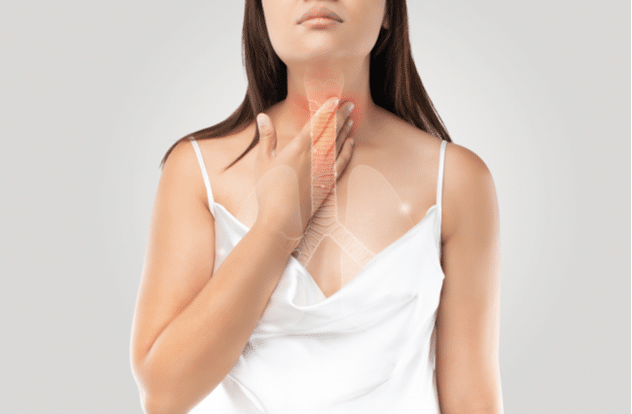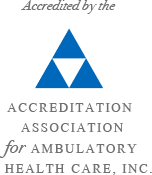Know the Symptoms of Esophageal Varices

There are a number of potentially serious medical conditions that are not well-known to the average person. It's safe to say that esophageal varices can be included in this list. In our specialty, we are well aware of the signs of this condition and the treatments that can help preserve a patient's well-being. Here, we discuss what you need to know.
Esophageal varices are swollen veins in the lower esophagus. The esophagus is the muscular tube that connects the mouth to the stomach. Veins in this tube can swell or even rupture as a result of increased blood flow through what is called the portal vein. This is the vessel that moves blood from the spleen and gastrointestinal tract to the liver. The reason this vein may become swollen is that blood flow to the liver is obstructed. The primary cause of this obstruction is cirrhosis of the liver. Another may be a blood clot in the liver.
Treating Esophageal Varices
It is possible for a person to have swollen esophageal blood vessels without any implications. Eventually, though, the varices tend to bleed or rupture. This represents a medical emergency that requires prompt treatment. At Gramercy Park Digestive Disease Center, esophageal varices that are bleeding are treated using an endoscopic technique called variceal banding. Using an endoscope to find the variceal or varices, the doctor carefully places small elastic rings around each enlarged vein. These are similar to rubber bands and, when placed around the veins, cut off blood flow. The variceal banding procedure sometimes needs to be repeated. This may be necessary if bleeding recurs from another section of the vein or as a preventative measure against future bleeding. Because one esophageal variceal indicates a risk for future varices, patients who receive care to correct this problem must follow-up with their doctor at regular intervals to monitor esophageal veins.
Can Esophageal Varices be Prevented?
Esophageal varices are a serious health problem that can be fatal if not treated. Patients at risk of developing this condition may protect themselves by attending to their risk factors. It is important to adhere to a treatment plan developed by a primary care provider and to make lifestyle choices that promote better health. These include avoiding alcohol, maintaining a healthy weight, and eating a healthy diet that includes lean protein, fruits, vegetables, and whole grains.
If you need more information on variceal banding, please contact Gramercy Park Digestive Disease Center to schedule an appointment. We have two locations in NYC to serve you.


